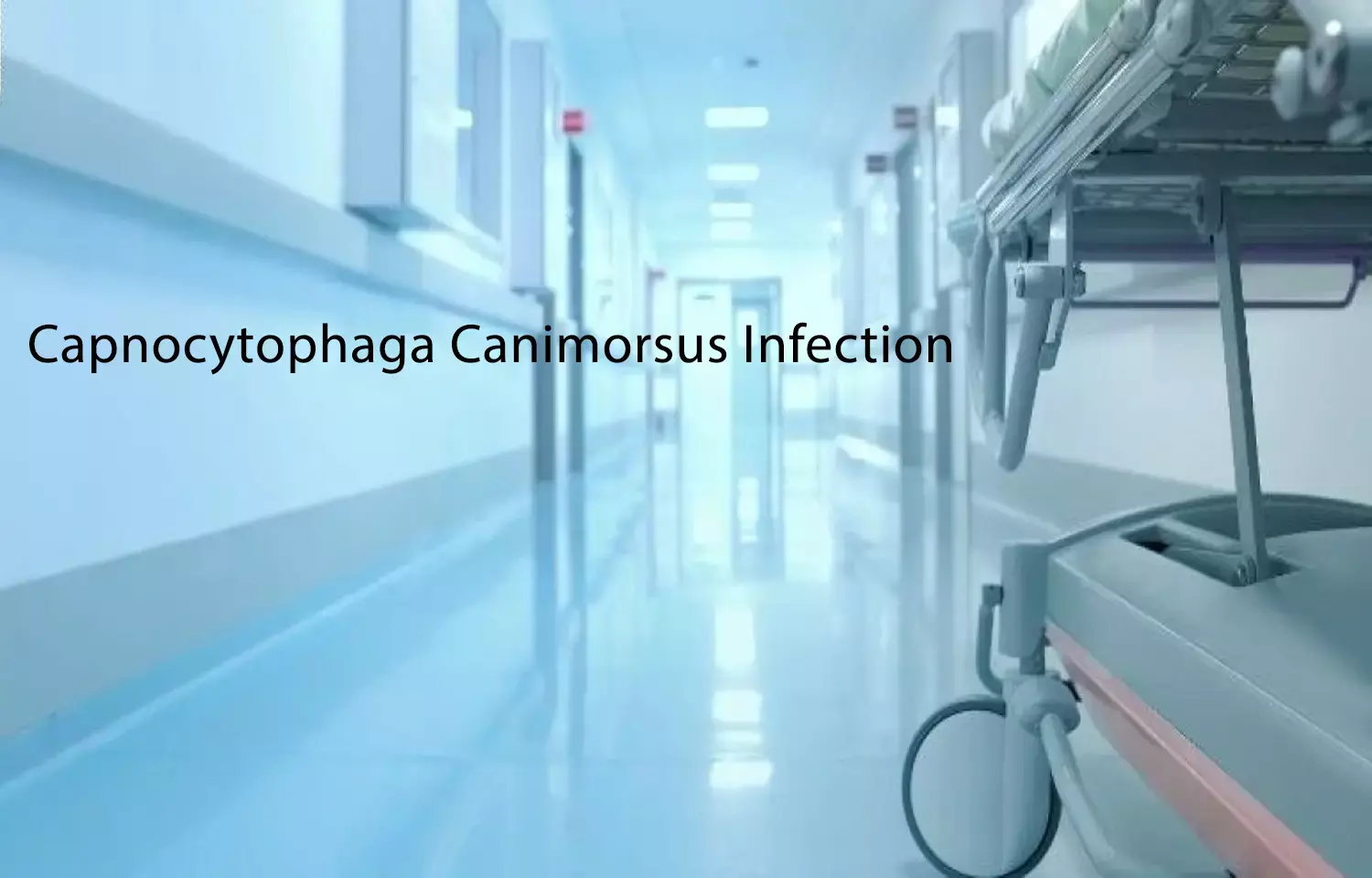- Home
- Medical news & Guidelines
- Anesthesiology
- Cardiology and CTVS
- Critical Care
- Dentistry
- Dermatology
- Diabetes and Endocrinology
- ENT
- Gastroenterology
- Medicine
- Nephrology
- Neurology
- Obstretics-Gynaecology
- Oncology
- Ophthalmology
- Orthopaedics
- Pediatrics-Neonatology
- Psychiatry
- Pulmonology
- Radiology
- Surgery
- Urology
- Laboratory Medicine
- Diet
- Nursing
- Paramedical
- Physiotherapy
- Health news
- Fact Check
- Bone Health Fact Check
- Brain Health Fact Check
- Cancer Related Fact Check
- Child Care Fact Check
- Dental and oral health fact check
- Diabetes and metabolic health fact check
- Diet and Nutrition Fact Check
- Eye and ENT Care Fact Check
- Fitness fact check
- Gut health fact check
- Heart health fact check
- Kidney health fact check
- Medical education fact check
- Men's health fact check
- Respiratory fact check
- Skin and hair care fact check
- Vaccine and Immunization fact check
- Women's health fact check
- AYUSH
- State News
- Andaman and Nicobar Islands
- Andhra Pradesh
- Arunachal Pradesh
- Assam
- Bihar
- Chandigarh
- Chattisgarh
- Dadra and Nagar Haveli
- Daman and Diu
- Delhi
- Goa
- Gujarat
- Haryana
- Himachal Pradesh
- Jammu & Kashmir
- Jharkhand
- Karnataka
- Kerala
- Ladakh
- Lakshadweep
- Madhya Pradesh
- Maharashtra
- Manipur
- Meghalaya
- Mizoram
- Nagaland
- Odisha
- Puducherry
- Punjab
- Rajasthan
- Sikkim
- Tamil Nadu
- Telangana
- Tripura
- Uttar Pradesh
- Uttrakhand
- West Bengal
- Medical Education
- Industry
Case of Capnocytophaga canimorsus Infection reported in NEJM

Dr Robert D.H. Markewitz, at University Hospital Schleswig-Holstein, Lübeck, Germany and DrTobias Graf, at University Heart Center Lübeck, Lübeck, Germany have reported a case of Capnocytophaga canimorsus Infection that has been published in the New England journal of Medicine.
According to CDC, most Capnocytophaga infections usually occur with dog or cat bites. But some people who develop a Capnocytophaga infection have not been bitten. People may be infected after close contact with a dog or cat, especially after contact with the animal's saliva (spit).
Capnocytophaga infection can cause serious complications, including heart attack, kidney failure, and gangrene. Some people may need to have fingers, toes, or even limbs amputated because of complications from severe infection.
About 3 in 10 people who develop a severe infection die. Some infections can progress very quickly, result in sepsis, and lead to death within 24 to 72 hours after symptoms start.
A 62-year-old man presented to the emergency department with a 1-day history of fever and a 3-day history of chest pain. His medical history was notable for coronary heart disease and for a splenectomy that he had undergone after a car accident.
Four days before presentation, he had been bitten on the left hand by his dog and had sustained three bite wounds. Laboratory studies showed a white-cell count of 16,700 per cubic millimeter (reference range, 3900 to 10,200), a platelet count of 3100 per cubic millimeter (reference range, 15,000 to 37,000), and a procalcitonin level of more than 100 μg per liter (reference value, ≤0.05).
Blood cultures were obtained, and treatment with broad-spectrum antibiotic agents, intravenous fluids, and norepinephrine was initiated. Review of a peripheral-blood smear showed the presence of both intracellular (arrow) and extracellular (arrowhead) bacilliform bacteria. Capnocytophaga canimorsus was cultured after 17 hours. C. canimorsus is part of the oral flora of healthy cats and dogs and can be transmitted to humans through animal bites. The bacterium can cause particularly severe infection in patients with a history of splenectomy. Despite treatment, the patient died 2 days after admission.
Dr Kamal Kant Kohli-MBBS, DTCD- a chest specialist with more than 30 years of practice and a flair for writing clinical articles, Dr Kamal Kant Kohli joined Medical Dialogues as a Chief Editor of Medical News. Besides writing articles, as an editor, he proofreads and verifies all the medical content published on Medical Dialogues including those coming from journals, studies,medical conferences,guidelines etc. Email: drkohli@medicaldialogues.in. Contact no. 011-43720751


